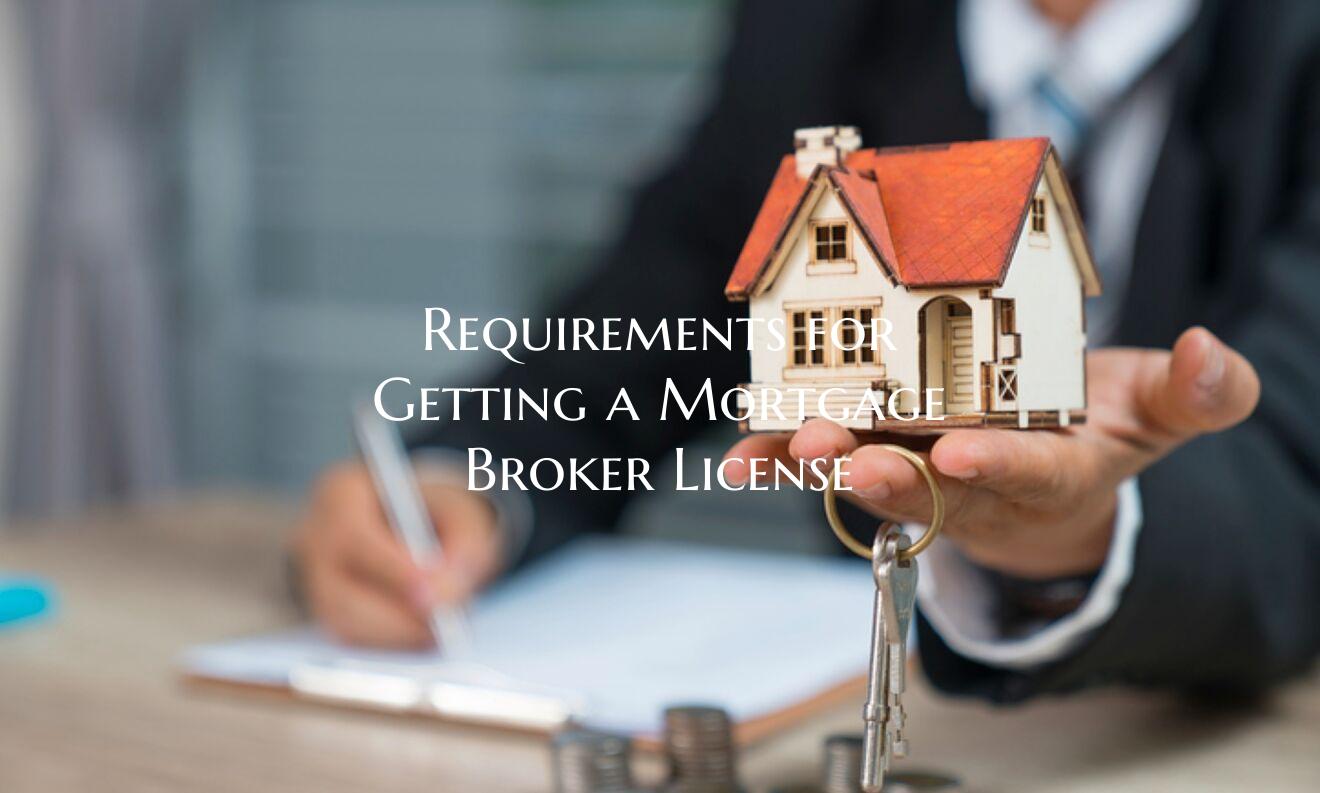Requirements for Getting a Mortgage Broker License

If you are considering a career as a mortgage broker, it is essential to understand the requirements for obtaining a mortgage broker license. A mortgage broker plays a crucial role in the real estate industry, assisting individuals in finding the right mortgage loan for their needs. To become a licensed mortgage broker, you must meet certain criteria set by regulatory authorities. Here are the common requirements you need to fulfill to obtain a mortgage broker license:
1. Education: Most states require aspiring mortgage brokers to complete pre-licensure education courses. These courses cover topics such as federal mortgage lending laws, ethics, financial regulations, and mortgage products. The number of hours of required education may vary by state, so it is important to check the specific requirements in the state where you plan to practice.
2. Experience: Some states may require candidates to have a certain amount of experience in the mortgage industry before becoming eligible for a license. This experience can come from working as a loan officer, processor, underwriter, or in a similar role within a financial institution.
3. Background Check: As part of the licensing process, you will likely need to undergo a background check. This is to ensure that you have a clean criminal record and have not been involved in any fraudulent activities or financial crimes.
4. Pass a Licensing Exam: Most states require individuals to pass a licensing exam to demonstrate their knowledge of mortgage laws, regulations, and ethics. The exam typically covers federal and state-specific mortgage regulations, loan origination practices, ethical standards, and other relevant topics.
5. Obtain a Surety Bond: Many states require mortgage brokers to obtain a surety bond as a form of financial protection for consumers. The bond acts as a guarantee that the broker will operate according to the law and in an ethical manner. The amount of the bond varies by state.
6. Complete the License Application: Once you have fulfilled all the education, experience, exam, and background check requirements, you can proceed to submit a license application to the appropriate regulatory authority in your state. Be sure to provide all the necessary documentation and pay any required fees.
7. Continuing Education: After obtaining your mortgage broker license, you may be required to complete continuing education courses to stay updated on industry regulations, best practices, and emerging trends. These courses help ensure that you maintain your license and remain a knowledgeable professional in the field.
By meeting these requirements and obtaining a mortgage broker license, you can start a rewarding career helping individuals and families achieve their homeownership dreams. Make sure to stay informed about any updates or changes to licensing requirements in your state to ensure compliance and success in your mortgage brokerage career.
